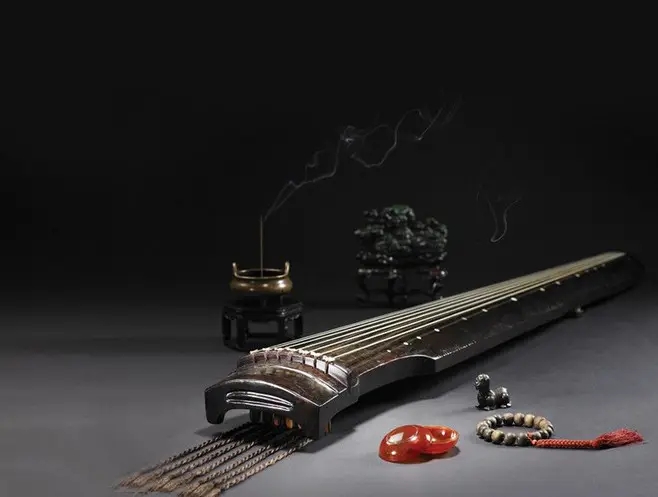Why do some pianists not draw bar lines on the notation?
312 views · Organized by 拙 on 2022-06-29
Why don't some pianists like to draw bar lines on the notation when they play notation?

This has to do with the cultural differences between Chinese and foreign music. The numbered notation has stricter requirements on the measures. The number of notes is taken as a beat, and the number of beats in each measure must be clearly marked. The phrases of traditional Chinese music are divided by sentence reading. Especially the minus-character notation of Guqin, which is derived from the notation of characters, is even more obvious in this respect, such as three-character sentences, four-character sentences...seven-character sentences and so on. Therefore, in the notation of Guqin, the bar lines of Western music cannot be used to divide the bars, and the bar lines that we draw when playing the notation are all in the sentence reading, which is used as a sentence break.
Involving musical instruments
Guqin (pinyin: Gǔ Qín) is a traditional Chinese musical instrument with a history of at least 3,500 years. Guqin is also known as Yaoqin, Yuqin and Seven-stringed Qin. The guqin has 13 emblems that mark the rhythm, and is also a ritual and musical instrument. It belongs to the silk in the octave. Guqin has a wide range, deep timbre and long aftertone.
Guess you like
Organized by 未知领地 on 2024-03-17
When selecting a guqin, the timbre quality is often the primary criterion to judge its quality, because the timbre is not only related to the artistic expression of the guqin, but also deeply rooted in the unique pursuit of music aesthetics in traditional Chinese culture. Here are some basic timbre elements to consider when choosing a guqin.
read >>
Organized by 卷鹅 on 2024-03-14
With the arrival of the hot summer, for the guqin friends, how to do a good job in the hot and humid season of guqin maintenance is particularly important. Guqin as a traditional Chinese wooden chord instrument, its material is very sensitive to changes in temperature and humidity, so the correct maintenance of guqin in summer can not only extend the life of the instrument, but also maintain its pure timbre.
read >>
Organized by 雨童 on 2024-03-14
Guqin, as an ancient and rich cultural instrument in China, its playing techniques pay attention to the integration of body and mind, rhythm and emotion. In the process of learning Guqin, there is a set of sixteen words that condense the wisdom of countless piano players. They are: "Light, loose, slow, even, Tian, light, elegant, beautiful, bright, mining, quiet, far, ancient, clumsy, middle, and".
read >>
Organized by 迦夜 on 2024-03-13
Guqin, as one of the oldest plucked instruments in China, the beauty of its rhyme lies not only in the pleasant tone, but also in whether it can pop out the kind of "ancient flavor" that has traversed thousands of years.
read >>
Organized by 梦昱 on 2024-03-13
In the pursuit of Guqin skills on the road, many qin friends may encounter such a problem: despite putting in a lot of time and energy to practice hard, but the pace of progress does not seem to be as obvious as expected. This phenomenon not only dampened the enthusiasm of learners, but also triggered deep thinking on the way to improve guqin skills.
read >>

 渝公网安备 50010702504639号
渝公网安备 50010702504639号